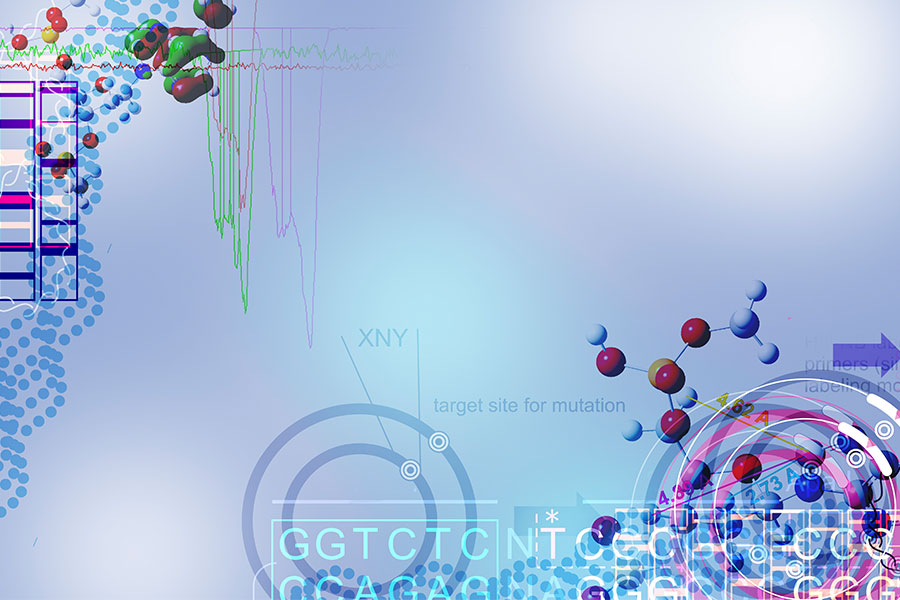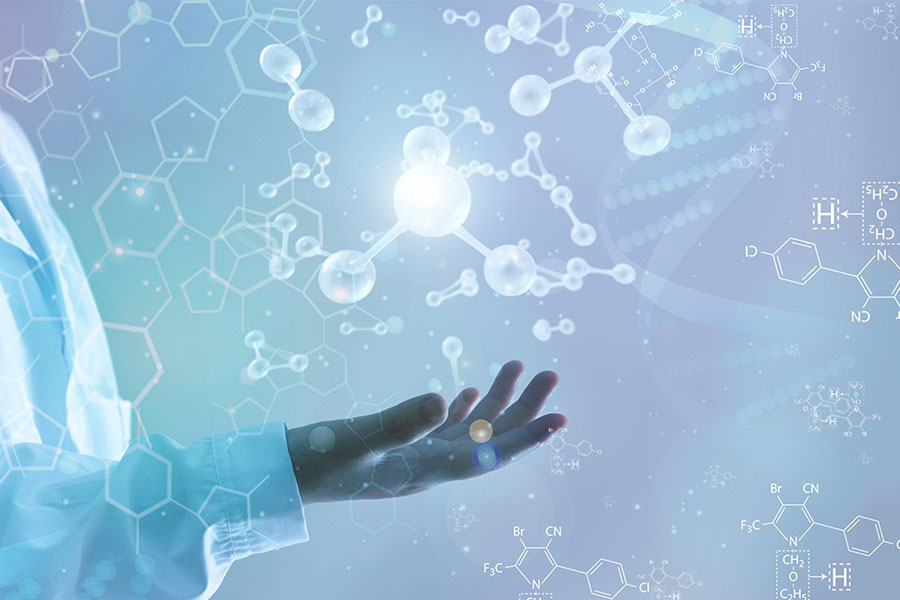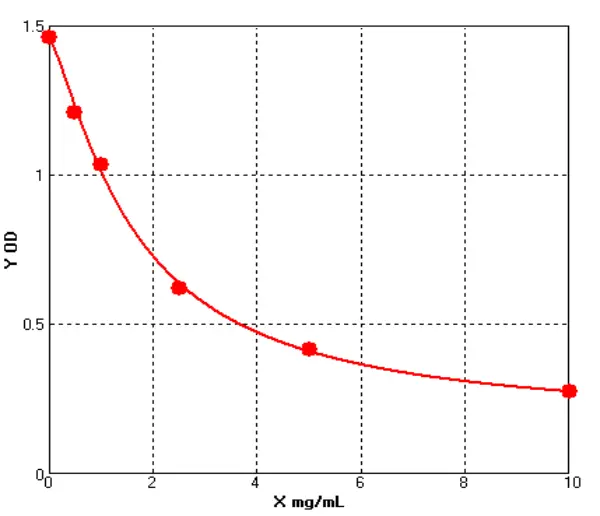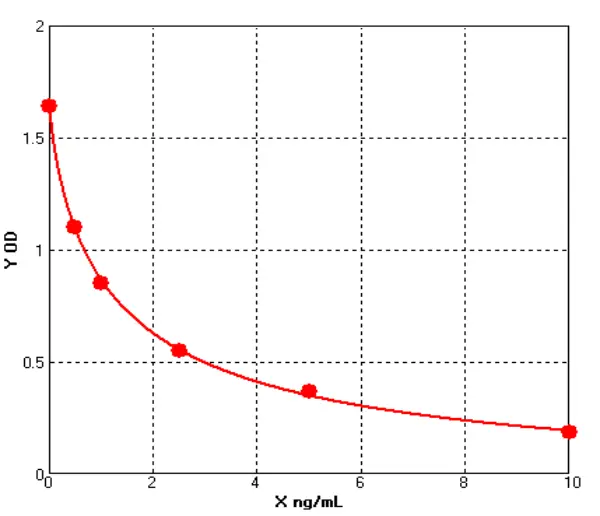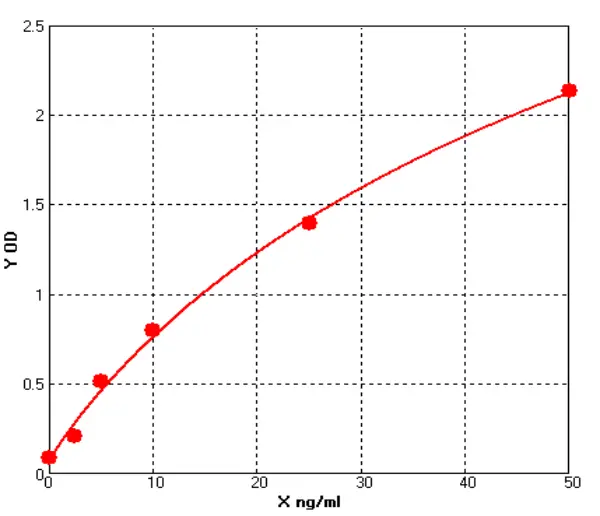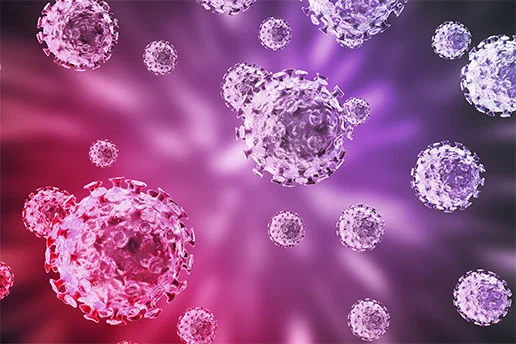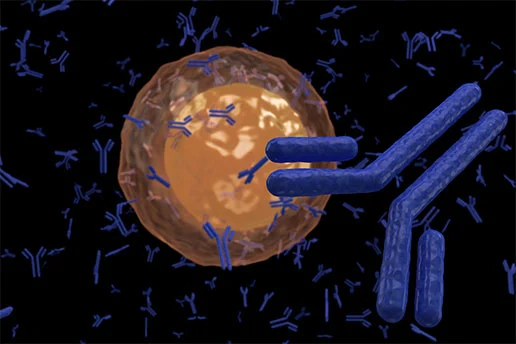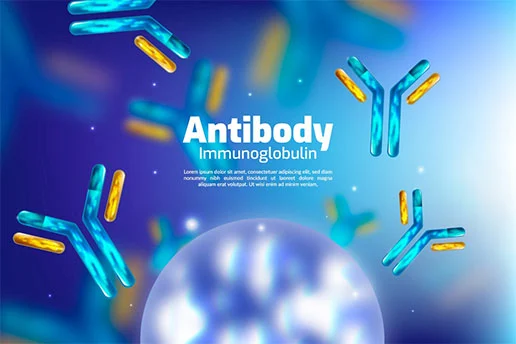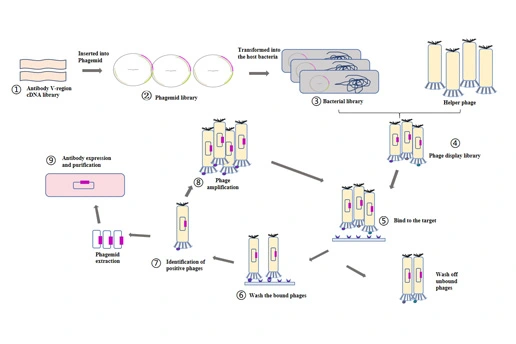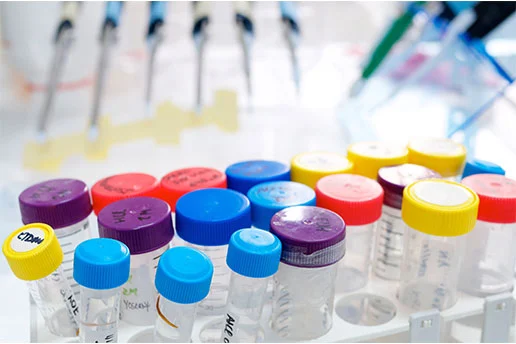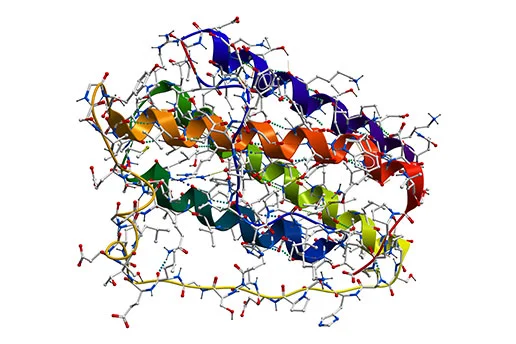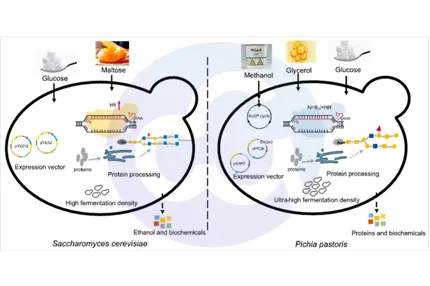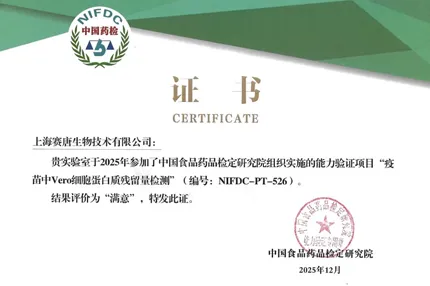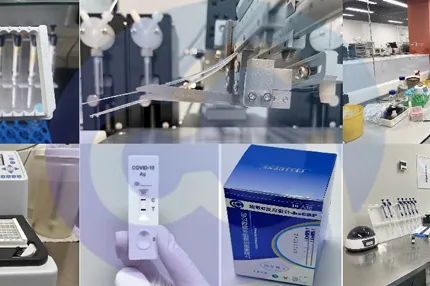-
Host Cell Protein Detection Kits
- CHO Host Cell Protein ELISA Kit
- E. coli Host Cell Protein ELISA Kit
- HEK 293 Host Cell Protein ELISA Kit
- Pichia pastoris Host Cell Protein ELISA Kit
- Ogataea polymorpha Host Cell Protein ELISA Kit, G3
- Saccharomyces cerevisiae Host Cell Protein ELISA Kit, G3
- Spodoptera fugiperda 9 (Sf9) Host Cell Protein ELISA Kit, G3 (Applicable to Sf9 and related cell lines)
- Dilution Buffer
-
Bioprocess lmpurity ELISA Kits
- Human Immunoglobulin G (IgG) ELISA Kit
- Goat Immunoglobulin G (IgG) ELISA Kit
- Human Serum Albumin (HSA) ELISA Kit
- Bovine Serum Albumin (BSA) ELISA Kit
- Dextran Sulfate Salt Detection Kit (Spectrophotometric Method-200 Tests)
- Protein L (PL) ELISA Kit
- Kanamycin (KA) ELISA Kit
- Human Immunoglobulin A (IgA) ELISA Kit
- Human Immunoglobulin M (IgM) ELISA Kit
- Mouse Immunoglobulin G (IgG) ELISA kit
- Bovine Immunoglobulin G (IgG) ELISA kit
- Protein A (PA) ELISA kit-Boiling
- Protein A (PA) ELISA Kit
- Diluent Buffer for Protein L ELISA kit
- Host Cell DNA Residue Detection Kits
- Residual Total RNA Detection Kits (qRT-PCR)
- Antibodies
- Recombinant Proteins
- ELISA Kits
- Cellular Component Protein Library
- Plasmids
- Promotions
-
Yeast Family: Pichia pastoris (GS115) HCP ELISA
1. Application Background:Pichia pastoris is one of the most widely used expression systems for innovative antibody expression in vaccines nowadays. Yeast is extensively applied in modern industry [1]...
Jan.20, 2026Read More > -
Authoritative Certification
Recently, Cellgene Bioscience Co., Ltd. attained another notable achievement. In the Laboratory Proficiency Testing Program for Residual Vero Cell Protein Quantification in Vaccines (Program No.: NIFD...
Dec.23, 2025Read More > -
Building a Quality & Safety Ecosystem for Biopharmaceuticals
1. Background:Quality and safety regulations for Cell and Gene Therapy (CGT) drugs are becoming increasingly globalized, with converging standards across China, the U.S., Europe, and Japan. Major econ...
Dec.19, 2025Read More >
Molecular Biology
Molecular biology focuses on clarifying the essence of life. It mainly studies the structure and function of biological macromolecular nucleic acids and proteins and the transmission and regulation of life information. The main research contents include the molecular biology of nucleic acid, molecular biology of protein and molecular biology of cell signal transduction.
Molecular biology has developed rapidly since the middle of the 20th century. One of the most important reasons is the progress of gene operation and gene engineering technology. Basic operations include: cutting and joining of DNA, nucleic acid hybridization, gel electrophoresis, cell transformation, nucleic acid sequence analysis, artificial gene synthesis, site-directed mutagenesis and PCR amplification. This is the core technology of molecular biology research. Genetic engineering refers to inserting nucleic acid molecules into vector molecules in vitro to make them enter host cells for continuous and stable reproduction and expression. The ability to cross the barrier of natural species and place genes from any organism in new host biological cells without kinship is the fundamental feature that distinguishes genetic engineering technology from other technologies.
